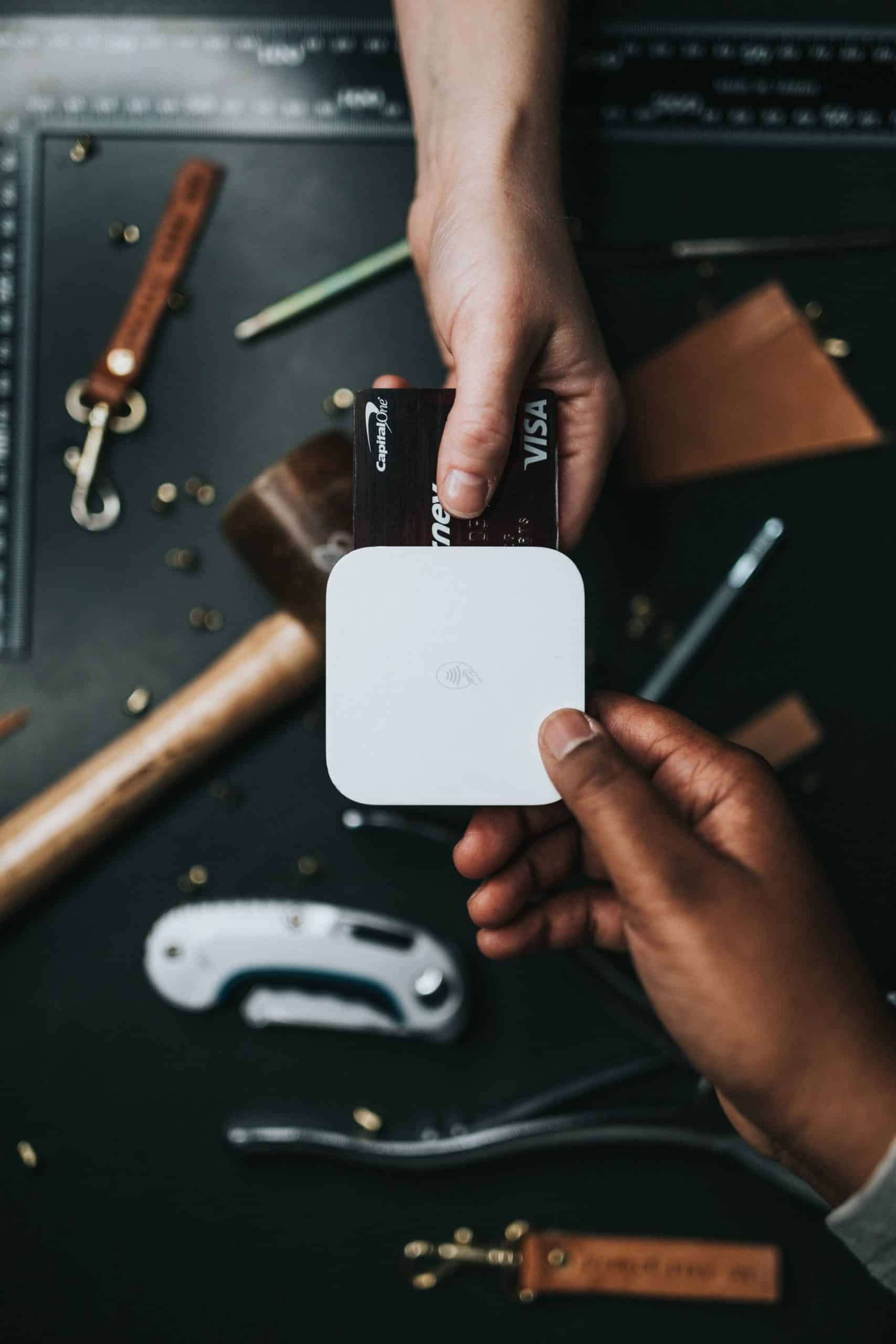“Better to be safe than sorry” is a responsible mindset to be in when it comes to personal finance. While a little risk-taking may lead to great reward, most people don’t want to go too crazy. It can feel right to be cautious, stick to what works, and not take on too much uncertainty. For many, discomfort with the financial unknown can steer them away from credit cards.
In fact, 69% of American consumers say they are dissatisfied with the uncertainty of credit cards. They would prefer to know more information upfront, like whether or not they’d be approved, before taking a chance. Consumers also have concerns about identity theft and what high fees may do to their finances over time. Thankfully, there are some safe starter options for those who are apprehensive about credit cards.
Three types of cards are especially well-suited to those getting a card for the first time. Secured cards, student cards, and alternative cards offer features that set them apart from the standard plastic. Depending on your situation, one of these types will likely work for you. One of them being a pre-paid business card.
IMAGE: UNSPLASH
Secured Cards
A secured credit card is designed to reduce risk to the issuer, making them ideal for those with bad or no credit. They require a security deposit to set up your account, and the deposit is generally equal to your credit limit. If you fail to pay your bill on time, the amount you owe will be taken from your deposit, making it harder to default.
If you always pay your bill on time, you’ll eventually get your deposit back. These deposit-based accounts make secured cards an excellent way to build credit. Pay your bills on time and in full, and watch your credit score grow. Once you’ve raised your score enough, you’ll be able to apply for an unsecured card.
When looking for a secured card, keep an eye out for phrases like “card to build credit.” This will help you spot which cards you’ll likely qualify for and lead you to the benefits you want. Cards like the Chime secured credit card or the Discover it® Secured Credit Card are good choices. Benefits include no annual fees and the ability to develop a credit history.
Student Cards
If you can start building credit while you’re still a student, it’s something you should do. Increasing your credit score before it becomes something you depend on will set you up for a stable financial future. A student credit card can help with that process.
As the name would lead you to believe, a student credit card is specifically designed with college students in mind. They are intended for those looking to build credit from nothing. Whereas standard credit cards require a base amount of credit to qualify, student cards do not. Often, student cards come with additional benefits like free credit checks, late-payment forgiveness, and student-friendly freebies (e.g., a year of Amazon Prime).
Student cards are meant for those just learning about building and using credit. Think of them as a gentler approach to credit cards. That doesn’t mean they come without rules, though. You’ll need to be a student to qualify and have either proof of income or a cosigner. Cards to consider include the Deserve® EDU Mastercard for Students or the Bank of America® Cash Rewards Credit Card for Students. Make sure you look for cards with low fees designed for those with low or no credit.
Alternative Cards
If your credit score is causing card qualification problems, it may be time to explore alternative cards. Having low or no credit is a barrier to getting a card, but it doesn’t make it an impossibility. Secured credit cards are useful if you have the money to make a deposit. Student cards work if you’re a student. However, if neither of those is an option for you, alternative cards are likely your best choice.
These are cards that use nontraditional underwriting standards to determine creditworthiness. Issuers may take into account factors such as income, bank information, or your debt-to-income ratio. Using alternative methods to assess whether you’d be a responsible card owner opens new doors to would-be cardholders. These kinds of cards can help set you up to get a more traditional unsecured card later on.
True to their alternative title, many of the cards in this category won’t come from issuers you’ve heard of before. As a category, they are still developing, and new choices are becoming available. For now, take a look at the Jasper Mastercard® or Petal® 2 “Cash Back, No Fees” Visa® Credit Card. Both evaluate creditworthiness based on a variety of factors, including income. Whichever alternative card you pick, be sure to read the fine print. Not all alternative cards report to every credit agency, which will be important to know down the line.
Your credit history will follow you throughout your life. To protect it, you may be inclined to avoid credit cards and their uncertainty. However, in the long run, this will hurt you more than it helps. Owning and using a credit card is an integral part of building credit. Making on-time payments toward your credit card bill can also help you maintain the good credit you already have.
If you’re still skeptical about credit cards, consider one of the offerings above. These types of cards are intended to be used by those in less-than-ideal credit situations. Whether you’re just getting started or trying to get out of a hole, there are options out there. Do your research and find the right fit for you.
If you are interested in even more business-related articles and information from us here at Bit Rebels, then we have a lot to choose from.


COMMENTS